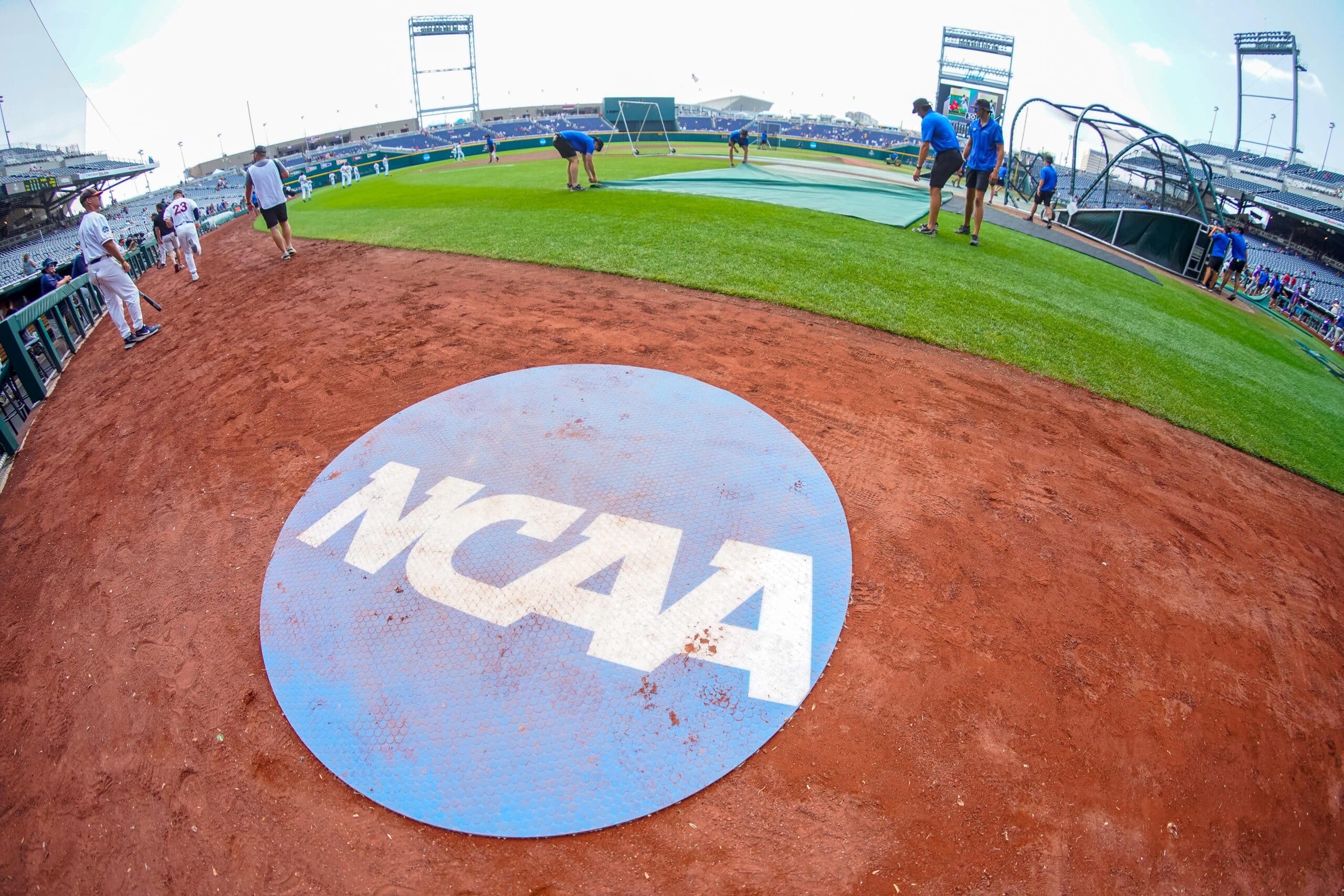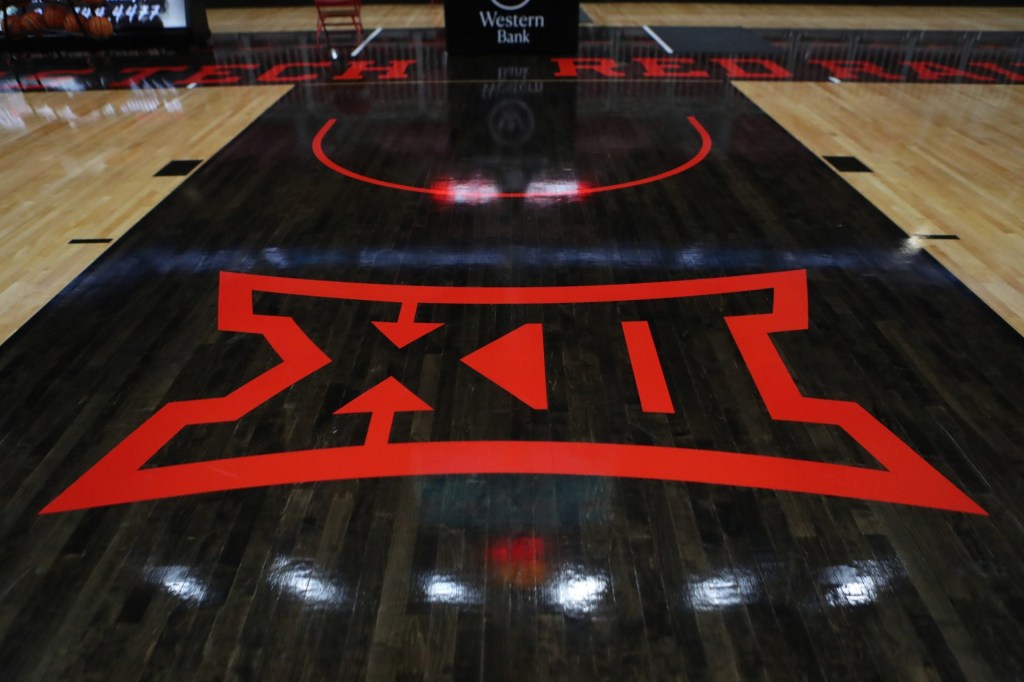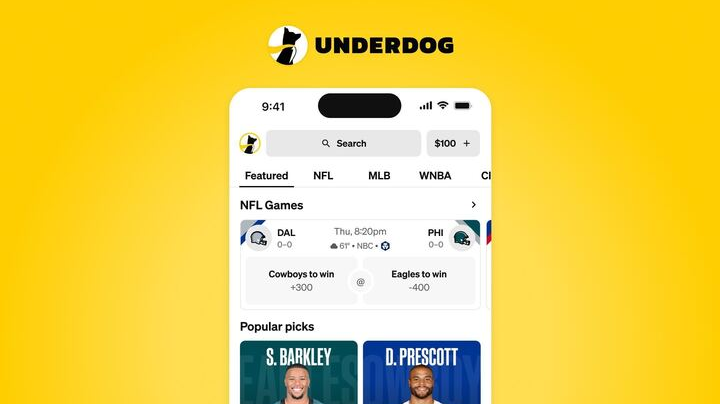This week, power conferences (including the former Pac-12) and the NCAA are voting to authorize a settlement in House v. NCAA, which argues that athletes deserve back pay for not being able to participate in name, image, and likeness deals before 2021, and that they should receive a cut of broadcast revenue. So far, two conferences have agreed to the settlement terms: $2.7 billion in damages split between the NCAA and power conferences, as well as a framework for Power 4 schools to revenue-share with athletes up to $20 million per school per year, a source confirmed to Front Office Sports.
While some of the richest athletic departments may not have a problem covering the extra cost, others will go in search of extra revenue streams. At perhaps just the right time, private equity, rumored to have an interest in college sports for at least a year, appears to be entering the athletic department space for the first time in NCAA history.
On Wednesday, RedBird Capital Partners and Weatherford Capital (of which former FSU quarterback Drew Weatherford is a partner) announced the launch of an investment arm intended to infuse capital into athletic departments. Collegiate Athletic Solutions plans to offer $50 million to $200 million in each department, according to The Wall Street Journal.
“The paradigm shift we are seeing in the collegiate athletics ecosystem is similar to the ones we’ve seen with media distribution models, collective bargaining rights, and premium hospitality,” RedBird founder and managing partner Gerry Cardinale said. “CAS addresses athletic departments’ need for near-term capital with additional operational expertise across strategies that can improve competitive positioning.”
The firms aren’t investing in exchange for an ownership stake, however. CAS will provide capital to athletic departments and only expect a return based on how much revenue or profit the schools can generate from those investments. RedBird and Weatherford will advise athletic departments and schools, they said, but also will not require any sort of official in-house position.
College sports administrators appear to have mixed feelings on the subject. While outgoing AAC commissioner Mike Aresco has expressed concern about the idea, incoming commissioner Tim Pernetti has already signaled interest.
There are positives: The immediate cash flow is a plus for athletic departments wondering how they’ll cough up an extra $20 million per year. Schools will also get access to counsel from successful firms well versed in the greater sports landscape.
A Bad Reputation?
But there is a concern about the general nefarious reputation of the private equity industry. “Go look at Red Lobster,” said one industry source, referring to the once-popular restaurant chain that filed for bankruptcy this week, a decade after being purchased by a PE firm. (The Red Lobster deal was, however, structured differently than the proposed deals between RedBird/Weatherford and athletic departments.)
While the RedBird/Weatherford investment arm might be private equity’s inaugural foray into actual athletic departments, the greater college sports industry has already become entangled. Third-party companies participating in college sports, such as Legends and OneTeam Partners, have accepted investments.
As for where the House settlement stands: The Big 12 and ACC voted to authorize the agreement Tuesday. The Big Ten will likely vote sometime Wednesday, with the rest of the votes concluding by the end of the day Thursday, sources said. But the agreement will still face scrutiny from other parties, including a judge, plaintiffs lawyers, and athletes, before it is officially ratified.
Editors’ note: RedBird IMI, of which RedBird Capital Partners is a joint venture partner, is an investor in Front Office Sports.







![[Subscription Customers Only] Jun 15, 2025; Seattle, Washington, USA; Botafogo owner John Textor inside the stadium before the match during a group stage match of the 2025 FIFA Club World Cup at Lumen Field.](https://frontofficesports.com/wp-content/uploads/2026/02/USATSI_26465842_168416386_lowres-scaled.jpg?quality=100&w=1024)
![[Subscription Customers Only] Jul 13, 2025; East Rutherford, New Jersey, USA; Chelsea FC midfielder Cole Palmer (10) celebrates winning the final of the 2025 FIFA Club World Cup at MetLife Stadium](https://frontofficesports.com/wp-content/uploads/2026/02/USATSI_26636703-scaled-e1770932227605.jpg?quality=100&w=1024)








